
Are carbs bad for you?
The short answer is no, they aren’t but there is a lot of misinformation out there about them. So let’s get into a bit more detail about this!
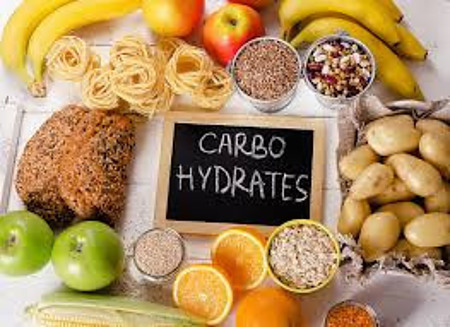
What is a carbohydrate?
Carbohydrates are one of the three macro nutrients that make up the food we eat on a daily basis, the other two being protein and fat. Carbohydrates contain 4 calories per gram and are the main source of energy for our bodies and the primary fuel course for any high intensity exercise or weight resistance training.

Where do we get carbs from?
We consume them in foods such as, rice, potatoes, fruit, veggies, candy, juice, drinks, bread and pasta. I do want to be clear on something, not all carbs are created equal which is why there is so much miscommunication and confusion regarding carbs. You might have heard a lot of people use the words, “good carbs or bad carbs.” Let’s break it down; carbs are classified by their complexity, not good or bad.
There are simple carbs and complex carbs. This is important to understand because different carbs will have different effects on your body and be more appropriately used at certain times. Think of the level of the complexity of the carbohydrate like a chain with a bunch of individual links.

The simplest form of carbohydrates is monosaccharides, mono = one (one chain link), or one single carbohydrate molecule.
Then we have disaccharides, which are two carbohydrate molecules. An example of disaccharides is table sugar which falls into this category because it is made of up glucose and fructose molecules linked together (two chain links).
Lastly, we have polysaccharides which are your starchy carbs like rice, potatoes, whole wheat breads. These are your complex carbohydrates because they make up more chain links. The longer the chain link, the longer it will take to digest that type of carb. Also, it will have an impact on blood sugar levels and the optimal time we have to utilize their energy.

What carbs should we eat?
As always, it depends on a lot of things: what foods you like, what goals do you have with your nutrition plan, your size, what your activity level is, and how much muscle mass you have. Most importantly, what do you like to eat and what are your goals because at the end of the day, there isn’t one solid plan or ‘diet’ that will work perfectly for everyone. The best diet is the one that works with your lifestyle so you can stick to it long term. So don’t sweat the small stuff; go back and focus on hitting your overall calorie and protein goals like we talked about here.
You may hear a low a carb diet is best for fat loss or you need only eat a specific kind of carb, but that is rarely true across the board. Even if there was some truth that low carb diets help with fat loss, it doesn’t matter if you can’t stick to it! How many times have you cut out breads, treats, pop, any sugar out and you do notice a difference but as soon as you add it back in, you bloat and gain the weight right back… That is because it’s not realistic for long term use. It is best to follow the 80/20 rule; give yourself some freedom along with your healthy habits and you will be able to have real lasting changes. The 80/20 rule is a guide for your everyday diet— focus on drinking lots of water and eating whole nutritious foods 80 percent of the time and have a serving of your favorite treat or drink with the other 20 percent.
Also, the main reason why so many people see changes in fat loss when cutting carbs is because they most likely consume way too many refined/ processed carbs to begin with. Refined, simple, or “bad” carbs include sugars and refined grains that have been stripped of all bran, fiber, and nutrients, such as white bread, pizza dough, pasta, pastries, white flour, white rice, sweet desserts, and many breakfast cereals. If you cut out those things and avoid candy, cookies, sugary drinks, and so on then you will drop weight/fat and feel much better because they aren’t foods that provide you any nutrition!
Like mentioned before, not all carbs are the same. That being said, it is doesn’t mean you need to cut out all carbs. Carbohydrates like fruit, veggies, potatoes, rice, quinoa and whole grains (complex carbs) are foods that actually provide national value to our bodies! Am I saying go eat a big bag of potatoes for lunch? No… carbs like all things come in moderation, we need balance and variety in our diets.
I think this is where the good/bad carbs came from. Sweets, processed or refined foods = bad and then fruits, veggies and whole grains = good. Which technically I would agree with, but let’s change good to clean and bad to processed. Something really only becomes ‘bad’ if you are having too much of it.
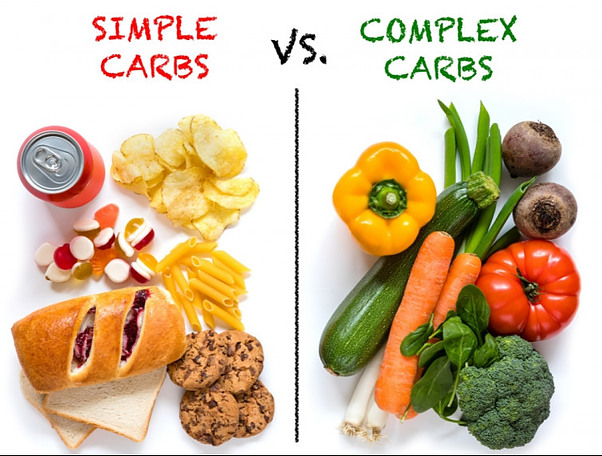
Should I worry about what time to eat carbs?
You can, but the most important part is the amount of carbohydrates you are consuming throughout the day. But if you do want to look for more optimal times to consume your carbs for energy, you should aim to have your simple carbs around your workouts to fuel your body for exercise and recovery afterwards.
That being said, you should eat your complex carbs throughout the rest of day. Because they are longer chains with more links, they will take longer to digest and supply our body with a more steady energy level for a longer time period with more satiation and more nutrient density.
Have you ever heard of a sugar high? That’s when a simple carb, such as candy, gets into your blood stream quickly through consumption and gives you a burst of energy, or “high.” Then you crash because it breaks down fast while having a low amount of nutrients that caused you to use your energy up quickly.
Remember it is important to choose more whole food forms of carbohydrates as often as we can over processed simple carbohydrates.
Fruits are great before a work out because they are easily digested carbohydrates, providing your body with vitamins and energy so you don’t feel sluggish!
It is also important to have a fast-digesting carbohydrate after an intense workout to help restore glycogen levels after being depleted; read more here.
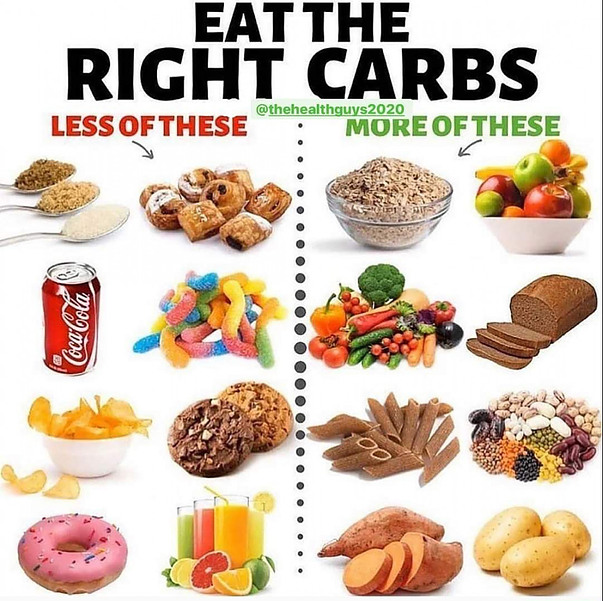
Recap:
Carbs provide our bodies energy and are equal to 4 calories per gram.
No, carbs are not bad they just need to be eaten in moderation!
Real food is better than processed food (always but especially as far as carbs go).
Complex carbs are more nutrient dense and will give you a sustained energy throughout the day.
Complex carb include: rice, quinoa, oatmeal, sweet potatoes, potatoes, whole grain pasta & bread, chickpea pasta (gluten free), corn, legumes, lentils, peas, black beans, kidney beans, black-eyed peas, etc. as well as vegetables and fruits.
*Fruits are somewhat tricky to classify between simple and complex carbohydrate groups because they contain sugar AND fiber/vitamins. However, depending on the fruit, the sugar to fiber ratio can be very high, in which case, it would act more like a simple carb BUT I wouldn’t skip the fruit!

Simple carbs are mostly processed foods and will give you a quick energy and then a crash.
Simple carbs include anything with sugar such as: cereal, sweets and treats, juice, pop, pizza, white bread and anything that has been refined or processed (taken out of its natural state).
If you are craving something sweet but trying to cut back on sugar, then have some fruit as a snack even though it has sugar because it is natural and is a good source of fiber!
As always, feel free to leave any comments or questions!
Aloha,
Kat
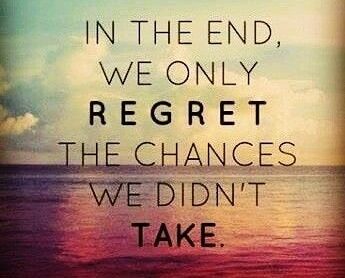

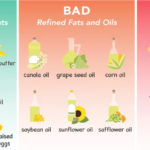


2 responses to “Are carbs bad for you?”
So much of this article I never realized! Definitely gonna be taking some notes to make healthier choices! Thanks for all the suggestions and breakdowns of the info! Loved it!
glad it was informative!!